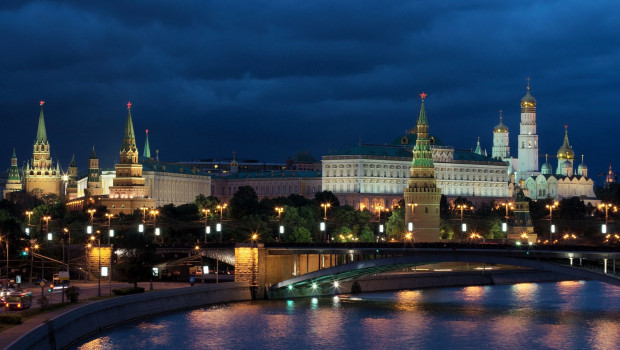Former ambassador to Nato sees diplomatic path out of Ukraine crisis

There was a way out of the current crisis in Ukraine, a former US ambassador to Nato during the Clinton administration argued recently.
Writing in the Financial Times on Monday, Robert Hunter said that at the 2008 Nato summit in Bucharest, George W. Bush forgot that the alliance's 'open door' policy only meant that countries could apply to join Nato, not that they ever would.
Bush pushed in Bucharest for Ukraine and Georgia to be given Nato Membership Action Plans, but other allies "rebelled". A compromise solution was reached for the benefit of Bush and it was agreed that the two countries "will become members of Nato", which in diplo-speak means "never" and that was understood as such, Hunter writes.
According to Hunter, when the Nato-Russia Founding Act was signed in 1997, the allies' intention was that Ukraine would not be allowed to become a part of a Russian sphere of influence.
However, they also knew that Ukraine could never join Nato and Hunter believes it unlikely that Kiev will ever secure the unanimity required to do so. And the same was true of Georgia.
In his opinion, diplomacy was now front-and-centre and only the terms of agreement were left to be hammered out.
The outcome would be a recognition that Ukraine would not join Nato, although countries would still be allowed to apply. Confidence measures would also be agreed, but the US would require an end to cyber attacks and interference in US and European democracies.
"The US and Nato, along with Russia if Putin understands where his country's real interests lie, will have a chance again to pursue a Europe whole and free at peace."